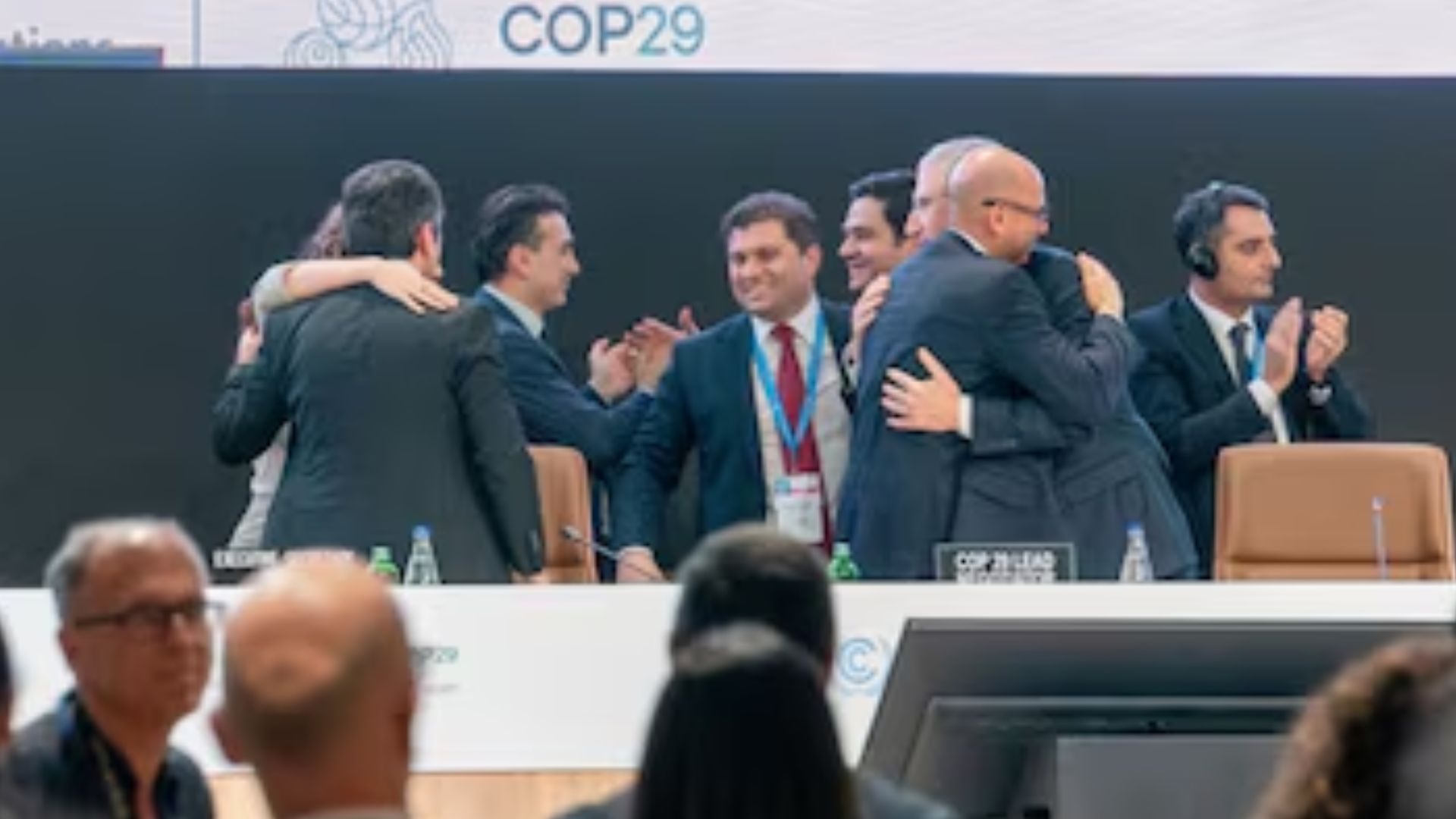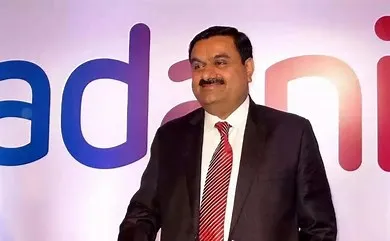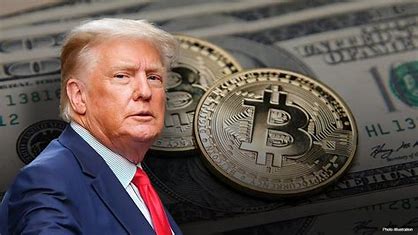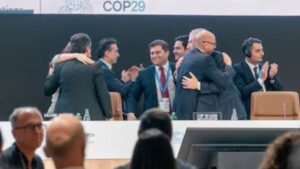The COP29 summit closed on Sunday after 30 hours of overtime, unveiling a climate finance deal that disappointed the Global South. The tense negotiations were marked by walkouts from least developed countries (LDCs), small island states, and protests from civil society groups.
A Disappointing New Finance Goal
A key outcome was the New Collective Quantified Goal (NCQG), which asks developed countries to contribute $300 billion annually to climate finance for developing nations by 2035. This target is part of a broader goal of $1.3 trillion per year. However, many experts argue that this is just the previous $100 billion target adjusted for inflation. Furthermore, the funds will come from both governments and private sources, leaving uncertainty about how the money will actually flow to climate-vulnerable countries.
Manjeev Puri, former Indian ambassador to the European Union, expressed frustration, stating, “Deeply disappointing that the world couldn’t agree on a goal reflecting at least a modicum of ambition for financing action in developing countries on climate change, the biggest challenge facing humankind.”
Strong Opposition from Developing Countries
The Global South strongly opposed the deal. India called the $300 billion annual target an “optical illusion.” Ambassador Ali Mohamed, Kenya’s Special Envoy for Climate Change, described the goal as “too little, too late,” and criticized it for undermining the aspirations of developing nations.
Evans Njewa from Malawi, representing the LDCs, said, “Once again, the countries which are most responsible for the climate crisis have failed us. This is not just a failure; it is a betrayal. The bulldozed NCQG is a glaring symbol of this failure.”
Countries like Cuba, Nigeria, and Bolivia also spoke out, pointing out the unfairness of the deal. They argued that it allowed developed countries to avoid their legal obligations to provide climate finance, despite their historical role in causing climate change. The countries suffering the most from climate change contribute the least to it.
Concerns Over Fund Delivery
The manner in which funds will be delivered also caused concern. Developing nations had asked for grants, concessional finance, and non-debt-inducing support. However, the deal still depends on private sector contributions, including from multilateral development banks (MDBs). Dr. Arunabha Ghosh, CEO of the Council on Energy, Environment, and Water (CEEW), criticized the deal, saying it undermined equity principles. He also noted that it encouraged developing countries to make voluntary contributions, including through South-South cooperation.
Consequences for Future Climate Action
The insufficient funding could hinder future climate action in the Global South. With countries needing to submit updated climate action plans by February, the lack of adequate support could prevent them from meeting ambitious targets. Avantika Goswami, Programme Manager at CSE, argued that the Global North has no right to demand greater climate action from the South after offering such a small financial commitment. “This was the last remaining window for Global North to pay its fair share; they have failed,” she said.
This deal highlights the ongoing gap between the Global North and South. The Global South is left to deal with the worst impacts of climate change while struggling to get the necessary resources for mitigation and adaptation.














